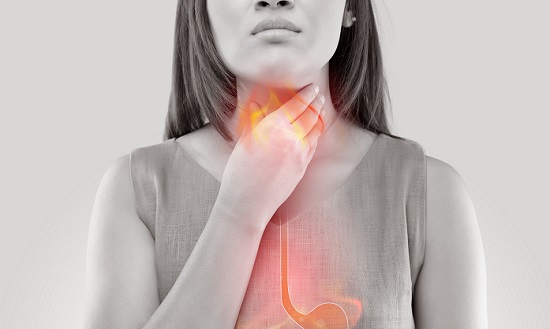GI Motility Disorders

Motility disorders occur when your esophagus, stomach and other digestive muscles do not work correctly, causing you to have trouble swallowing and digesting food.
At the University of Maryland Digestive Health Center, our specialists employ state-of-the-art diagnostic tools and treatments to relieve symptoms, reduce stress and improve quality of life.
Upper GI Dysmotility
Difficulty swallowing (dysphagia) may be a sign of an esophageal motility disorder, such as achalasia or esophageal spasm. Besides routine upper endoscopy to ascertain the cause of dysphagia, we offer high-resolution esophageal manometry and new endoluminal functional imaging (EndoFlip) and minimally invasive treatments including innovative per oral endoscopic myotomy (POEM) for achalasia. Early satiety, abdominal pain, nausea, and vomiting after eating may be a sign of gastroparesis or functional dyspepsia. To see if you will benefit from pro-motility drugs, we use SmartPill capsule studies to evaluate stomach emptying without exposure to radiation.
Lower GI Dysmotility
Bloating and diarrhea may indicate small intestinal bacterial overgrowth (SIBO) or food intolerance. Non-invasive hydrogen breath testing can help us determine if you need antibiotic treatment for SIBO or must avoid certain foods. Our dietitian will provide detailed guidance to improve your nutritional health. Constipation may indicate slow colonic contractions or pelvic floor dysfunction. The SmartPill test can measure colonic transit time and guide treatment. If you have pelvic floor dysfunction, high-resolution anorectal manometry testing can tell us if you would benefit from biofeedback training or other innovative approaches.

